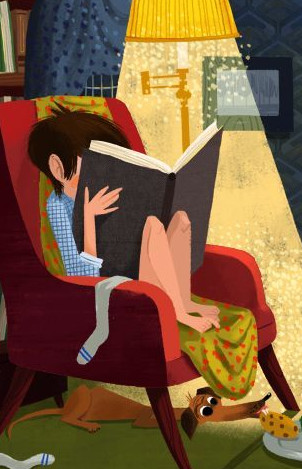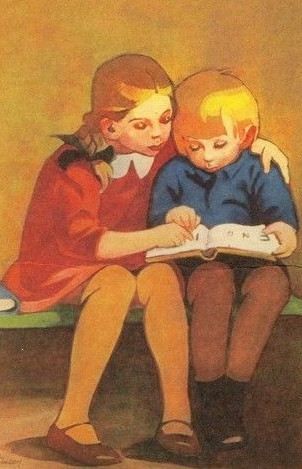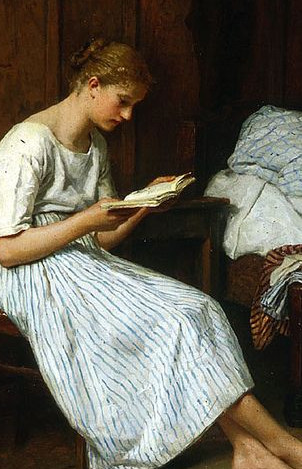Literacy Blogs
- All
- 3-cueing
- academic learning time
- academic vocabulary
- accommodations
- accountability testing
- Active View of Reading
- adolescent literacy
- afterschool programs
- alphabet
- amount of instruction
- amount of reading
- argument
- assessment
- auding
- author awareness
- automaticity
- balanced literacy
- beginning reading
- Book Buddies
- Book Flood
- challenging text
- classroom organization
- close reading
- coaching
- cohesion
- Common Core State Standards
- complex text
- comprehension strategies
- content area reading
- context analysis
- curriculum materials
- Daily 5
- decoding
- departmentalization
- DIBELS
- dictionary skills
- digital texts
- disciplinary literacy
- dyslexia
- early interventions
- effective teachers
- Emily Hanford
- executive function
- family literacy
- fingerpoint reading
- foundational skills
- graphic novels
- guided reading
- heterogeneous grouping of students
- homework
- improving reading achievement
- independent reading
- independent reading level
- informal reading inventories
- informational texts
- instructional level
- invented spelling
- jigsaw instruction
- knowledge
- leadership
- learning disabilities
- Lexiles
- linguistic comprehension
- listening comprehension
- literacy charities
- literacy policy
- literary interpretation
- main idea
- morphology
- motivation
- narrative text
- National Early Literacy Panel
- nonsense words
- oral language
- oral reading fluency
- paraphrasing
- Pause, Prompt, Praise (3P)
- personalized learning
- phonemes
- phonemic awareness
- phonics
- press and media
- principals
- prosody
- Readers' Workshop
- reading comprehension
- reading disabilities
- reading intervention
- reading levels
- reading models
- Reading Recovery
- reading research
- reading skills
- reading strategies
- reading to children
- reading wars
- reading-writing relations
- remedial reading
- rereading
- Response to Intervention
- Scarborough's Rope
- science of reading
- seatwork
- semantics
- sentence comprehension
- sequence of instruction
- set for consistency
- set for variability
- shared reading
- shared reading
- sight vocabulary
- simple view of reading
- Simple View of Reading
- small group instruction
- social studies
- sound walls
- Special Education
- speech-to-print phonics
- spelling
- stamina
- summarizing
- Sustained Silent Reading
- syllabication
- syntax
- syntax
- testing
- text complexity
- text interpretation
- text reading fluency
- text structure
- theme
- think-pair-share
- trauma
- visualization
- vocabulary
- word walls
- writing
- zone of proximal development (ZPD)
More on NOT Teaching with Books at the Students' Reading Levels
Blast from the Past: This entry first posted in February 28, 2105 and it was reposted on July 31, 2021. The only change that I needed to make in this one was to add more research studies -- they continue to accumulate. This entry challenges both the idea of the instructional reading level and that resource teachers should be focused on that with any but beginning readers. I hope this helps you to rethink some practices that are holding kids back. Teacher question: Please provide the research about how teaching students using instructional level texts does not yield results! I am a ...
Why Standards-Based Teaching Has Failed to Raise Reading Achievement
Blast from the Past: This was originally posted on February 22, 2015 and was reposted on January 4, 2018. This blog entry explains one important reason why standards-based teaching is not improving reading achievement. There are others--the over-emphasis on teaching, the lack of sufficient and appropriate professional development, the misinterpretation of standards as narrow easily tested skills--all serve to undermine success. Nevertheless, the emphasis on teaching activities instead of on learning will undercut kids learning progress. Standards-based educational reform goes back to the early 1990s. Since then, test scores have see-sawed a bit, but for the most part, we are doing ...
Content-Focused Reading Interventions or How to Fit Into a Size 4 Dress
Blast from the Past: Originally posted February 16, 2015; re-posted on November 9, 2017. This is very timely as this issue has arisen anew about a half dozen times over the past month. Given that, I would add to the original post that core reading programs should include content objectives, content texts should be added to summer reading lists, IEPs should include statements about how content knowledge exposure will be protected, and schools should ask parents for help when the students need to be removed from content classes. If you have other ideas post them to comments, or to me ...
Should We Read to High School Students?
Blast from the Past: This entry first posted on February 1, 2015 and was reposted on May 17, 2018. This week on Twitter, Carol Jago, past president of the National Council of Teachers of English challenged the practice of high school teachers reading books to students. She rightly criticized the practice, pointing out the importance of having students do the reading. Her thoughtful comment reminded me of this still timely blog posting. Teacher question: Should high school English teachers read aloud to their students or play audio recordings to them? Shanahan response: Over the past several years, this practice has insinuated itself, Justin Bieber-like, into our consciousness. It seems to be showing ...
Concerns about Accountability Testing
Teacher question: Why don’t you write more about the new tests? Shanahan response: I haven’t written much about PARCC or SBAC—or the other new tests that other states are taking on—in part because they are not out yet. There are some published prototypes, and I was one of several people asked to examine the work product of these consortia. Nevertheless, the information available is very limited, and I fear that almost anything I may write could be misleading (the prototypes are not necessarily what the final product will turn out to be). However, let me also say that, unlike many who strive for school ...
Why Does He Want to Hurt Kindergartners?
Blast from the Past: I've received several notes during the past weeks challenging my advocacy for early reading instruction. Some have related horror stories about how children are being emotionally crushed by being taught to read. I took another look at the research -- this piece has been out for quite a while. There are many more studies now supporting my position: correlational studies showing a the close relationship between kindergarten reading attainment and high school success; studies showing the powerful early payoffs from kindergarten reading instruction; studies showing the retention of these benefits through 3rd and 4th grade, especially ...
Close Reading: A Video Replay Part II
Last week, I provided a link to a video that a reader sent me Close Reading Video . The link purported to present a model “close reading” lesson. Although, there was much to like about the lesson, I complained that it wasn't close reading. Close reading is not a synonym for reading comprehension (or even "really good reading comprehension"). This is happening a lot. A company says their anthologies include “complex text,” but it isn’t clear what teachers are supposed to do with it, or why it's there at all since the instructional procedures still seem to favor the idea of protecting kids from complex ...
A Close Read of a Close Reading Video
My daughters are Erin and Meagan. When they were little, Meagan would get upset because we always “ran Erins,” but never “ran Meagans.” That’s cute when a little one doesn’t know the meaning of a word. But such miscommunication can be a real problem in Common Core State Standards implementation. It’s getting so that I hate to hear the term “close reading” because it is misused so often these days. A comment from a reader of last week’s blog entry challenged me to evaluate an online video of a close reading lesson. I gave it a quick review and replied. It’s been bugging me ever since, ...
Why Reading Strategies Usually Don't Help the Better Readers
Last week, I explained why disciplinary reading strategies are superior to the more general strategies taught in schools. That generated a lot of surprised responses. Some readers thought I’d mis-worded my message. Let me reiterate it here: strategies like summarization, questioning (the readers asking questions), monitoring, and visualizing don’t help average or better readers. They do help poor readers and younger readers. I didn’t explain better readers don’t benefit, so let me do that here. Readers read strategically only when they have difficulty making sense of a text. Recently, I was took a second shot at reading the novel, Gilead. I tried to read it a ...
All I Want for Christmas is Content Reading
Question: We are preparing for a PD session and want participants (who are a mix of K-12 teachers, coaches and administrators across the state) to begin to think about disciplinary literacy. To be transparent, this focus is in part a reaction to hearing that some of our schools are cutting social studies and science to make room for CCSS ELA/Literacy blocks in K-5…we want to stronglydiscourage these kind of decisions to the extent we can, and PDs such as this one are an opportunity to do so. Since this explicitly references comprehension strategies with disciplinary texts, ...
,-Woman-Reading-(pastel)-(National-Museum,-Cracow).jpg)



.jpg)
-3.jpg)

-The-blue-parasol.jpg)

-2.jpg)